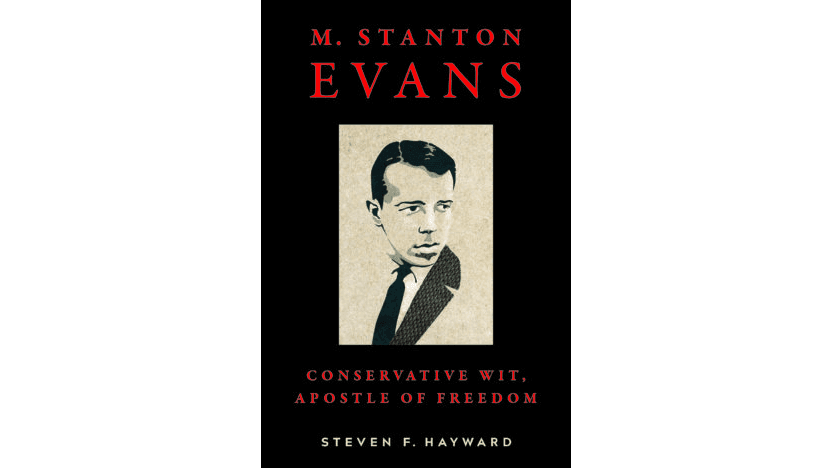After reading Steven F. Hayward’s new biography “M. Stanton Evans: Conservative Wit, Apostle of Freedom,” it made me wish there were more people like Evans. I wish it not simply for his conservative and free-market beliefs, but because of his ability to stick to his beliefs and defend them as a writer and journalist, even when—especially when—those who stood by him with those same beliefs withered under pressure or “charitably” gave ground.
When it comes to biographies, Hayward’s can be considered brief at 400 pages. The author starts where Evans’s collegiate studies began: during his scholarship at Yale University. But there is enough precursor of his pre-college days to understand the effect his parents, particularly his father, had on his thinking.






